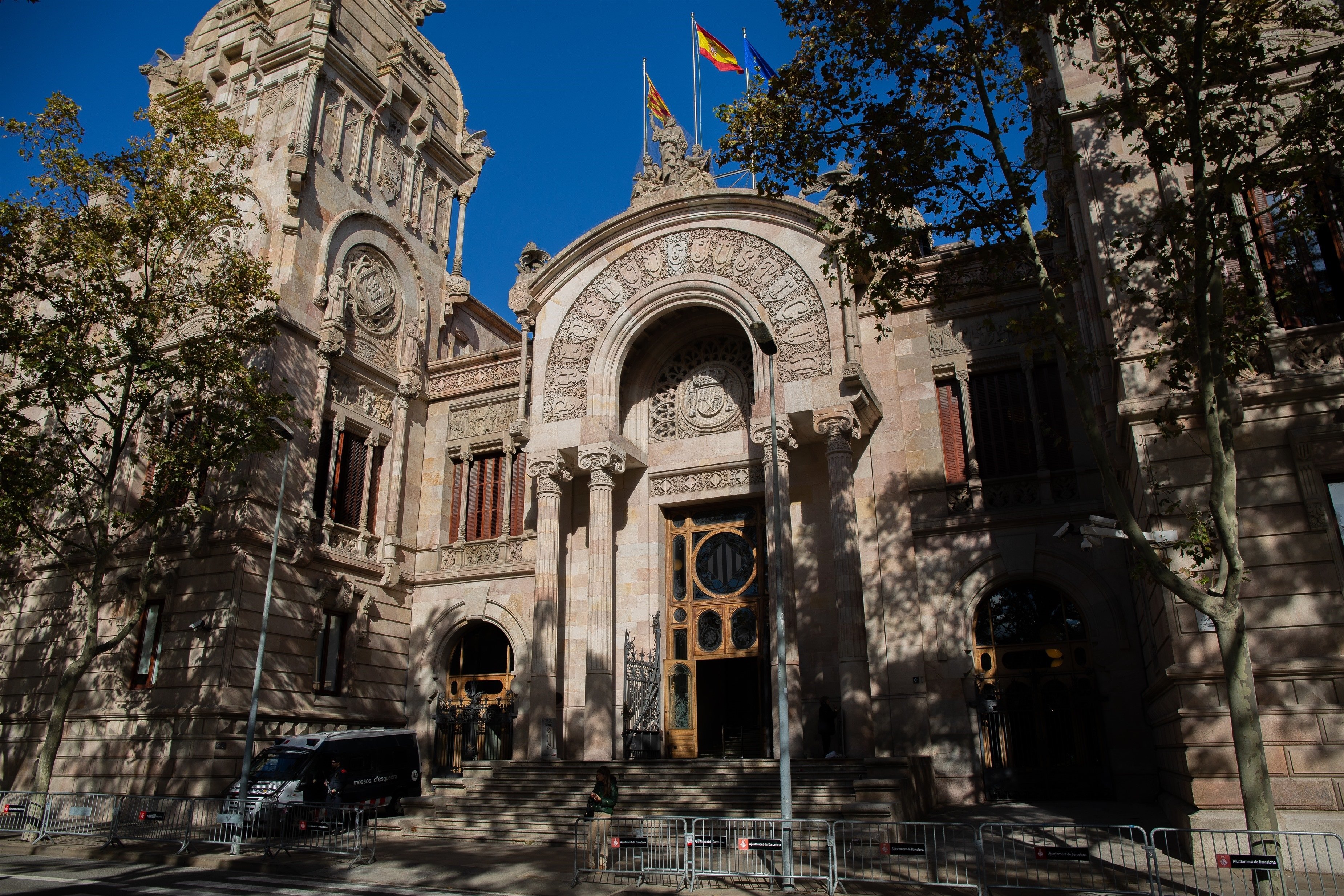In the coming days the High Court of Catalonia (TSJC) must decide the date on which the Catalan elections will take place.
On Thursday it will meet again to resolve the appeals presented. There are total of 4, presented by the Democratic League, Leftist Federalists, Izquierda en Positivo and one by the lawyer Javier Asenso. Impulso Ciudadano (who took Catalan president Quim Torra to court because of the banner asking for the Catalan political prisoners to be freed) will also present an appeal, which is pending registration.
This Tuesday, in its decision on precautionary measures, it opted to maintain unaltered the original date of the Catalan elections, set for February 14th. The electoral calendar will remain unchanged, until a decision is taken on the appeals currently being examined. The deadline for the Catalan government and the State prosecutor to appeal against the sentence ends on Thursday at 10AM.
The seven judges of the 5th chamber of the Chamber for Contentious Administrative Proceedings will meet on Thursday and decide on the case. From then on, an array of possibilities and scenarios open up.
Sources point towards a nuanced decision, after taking into consideration sanitary reasons due to the pandemic, as well as legal safety and guarantees that the suspension will not set a precedent for future governments when it comes to suspending elections. It is a difficult decision, but everything points towards the High Court not postposing the elections to May 30th, due to the implications for electoral law.
It’s a tense situation, due to the fact that contrary to the Basque Country and Galicia, that postponed their elections, the Catalan government opted to suspend them, and they must be called again.
Scenario 1: Elections on February 14th
The Catalan High Court can rule to maintain the elections on February 14th, as was initially decided in December. If that were the case, there would be no logistical trouble, since last Tuesday’s decree ensures that everything can be ready. However, the transmission rate and outbreak risk index are not favourable for the election. Neither is the vaccination deadline for the polling stations staff, which are yet to be determined. It would take three weeks for both vaccines to be administered to the polling station staff once all Town Halls submit the names of the people chosen in the draw.
The Catalan government maintains that it would be "reckless" to hold the elections on February 14th, while legal experts argue that the decision to postpone them without a set date has no legal basis.
Scenario 2: Elections on May 30th
The Catalan High Court may decide to support the Government's decision to postpone the elections with the decree that will be issued on Saturday and reschedule them to May 30th. If so, the current electoral calendar would be blown up. Elections would have to be rescheduled; as would postal voting, since the current ones would be useless. Polling stations staff would have to be drawn again; candidates and nominations would have to be announced; and new tickets would have to be printed. The cost of the elections would double.
All would still pend on the epidemiologic data, which does not guarantee a higher stability of the outbreak risk three months from now.
This second scenario would provide a bigger margin to implement Covid-19 measures.
Scenario 3: Postponement and new date
The High Court could decide to not celebrate the elections on February 14th or May 30th, and choose an alternate date. Due to the sanitary emergency, it could ask the Catalan government to establish the necessary additional measures, such as vaccinating the staff of the polling stations.
What is not clear is whether the High Court would end up deciding on a date, or rather setting a deadline and letting the political parties decide.
Electoral law provides certain deadlines when the elections are called, that set out all the rules in order to prevent an interested party from influencing it. The current situation is unprecedented, and there is no record to determine which organization should determine the new date. A judge, the Central Electoral Comission or the vicepresident currently also acting president.
There is no guarantee, however, that on any other date the epidemiological situation would be appropriate for elections to be held.

